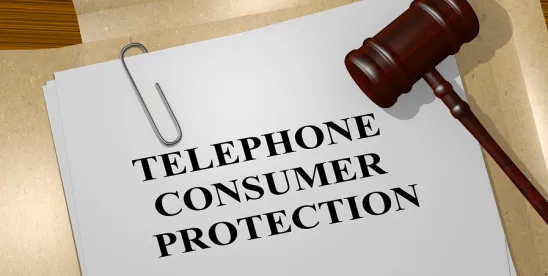Baseless TCPA claims are frustrating. You know the claim has no merit. The client knows the claim has no merit. And you suspect that the plaintiff knows the claim has no merit. But as frustrating as the claims can be, it’s critical to use the proper procedural mechanism to dispose of them.
A defendant’s attempt to get rid of a case on a motion to dismiss that should have been filed as a motion for summary judgment. Today brings an example of a TCPA defendant attempting to have a complaint dismissed through a Rule 11 motion for sanctions. But as the court pointed out, a dispositive motion – not Rule 11 – is the proper vehicle to obtain dismissal if the motion requires an examination of the merits. SeeDobronski v. Alarm Mgmt. II, No. 18-11055, 2019 U.S. Dist. LEXIS 43173 (E.D. Mich. March 18, 2019). Only after obtaining summary judgment can the defendant can seek Rule 11 sanctions on the ground that the case was patently frivolous. The court, therefore, denied the motion without prejudice to re-file after summary judgment.
Dismissal is, of course, one form of sanctions available under Rule 11. But it is only proper when proving the misconduct does not require resolution of the merits. For example, if a plaintiff fabricates evidence or lies under oath, a court can dismiss the case as a sanction. In both instances, the misconduct is severe enough to warrant dismissal but the motion for sanctions does not turn on resolution of the merits. When resolution of the merits is required to show misconduct, the proper course is to file a dispositive motion first, then seek sanctions after the court grants it.




 />i
/>i

